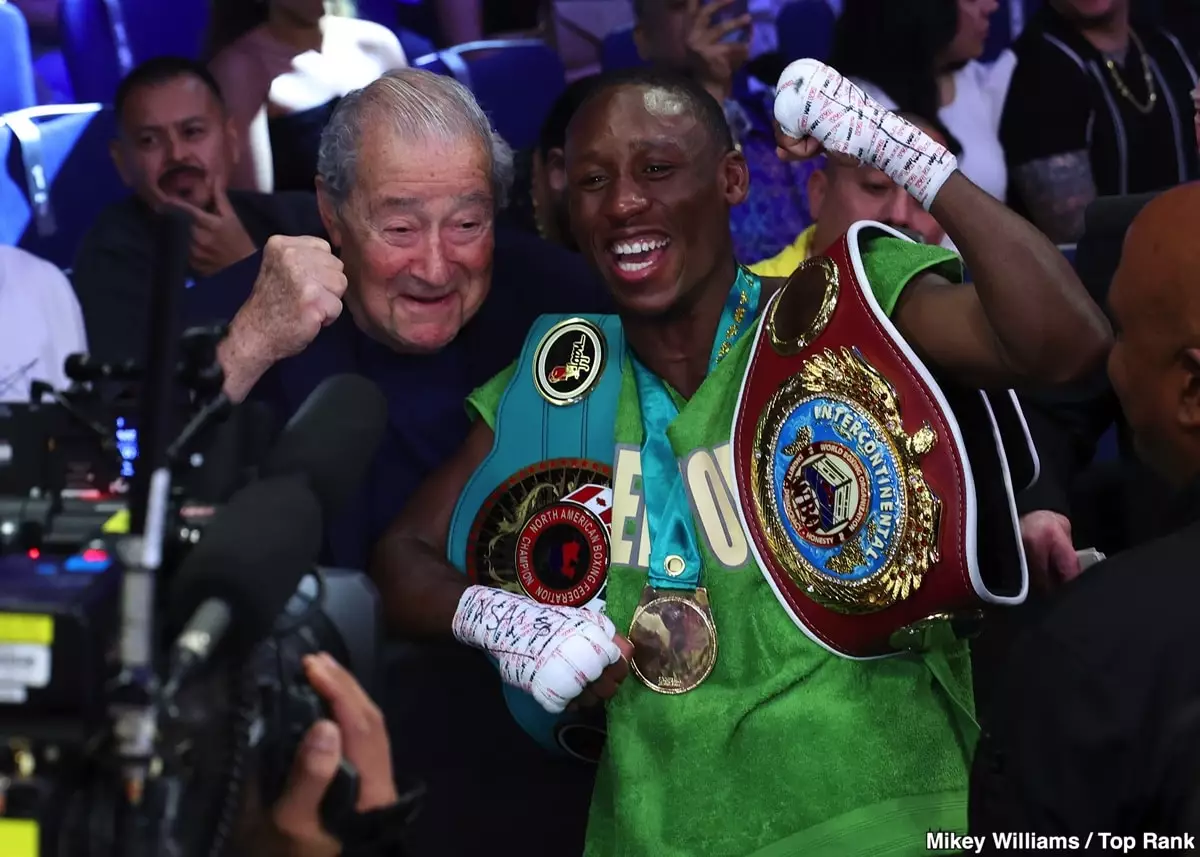In the world of professional boxing, the choice of opponents is often a bitter battleground itself, often more revealing than the fights inside the ring. Bruce Carrington’s critique of Nick Ball’s reluctance to face him underscores an uncomfortable reality: some champions prefer to defend their titles against less formidable or less challenging opponents. This strategic avoidance not only stagnates a boxer’s legacy but also diminishes the sport’s credibility. When a champion opts for easier defenses, it signals either insecurity or a desire to prolong their reign without risking their status. The real power lies in fighting the best—those who push a champion to their limits and truly test their mettle. Ball’s recent defenses against older, smaller, or less dangerous fighters suggest an opportunistic approach rather than a fighting spirit committed to unifying and elevating the division. A true champion should be eager to prove their worth against the strongest competition, not shun it.
Strategic Manipulation and the Illusion of Title Defense
Ball’s handling of his title defenses raises questions about integrity and ambition. Instead of confronting top contenders like Carrington, he settles for seasoned veterans or fighters outside his weight class altogether. This pattern indicates a likely desire to “milk” the belt without genuinely defending it. The choice to prioritize fights against fighters like Ronny Rios or TJ Doheny, both nearing the end of their careers, and deflecting opportunities against emerging threats reveal a strategic intent: keep the belt, but avoid the risk of losing it. When champions selectively pick opponents, they undermine the sport’s competitive spirit. Genuine greatness involves seeking the most challenging matchups, not the easiest. Carrington’s frustration highlights a critical failure in boxing’s current culture—champions who prefer comfort over legacy.
The Reality of Power Dynamics and Future Threats
Discussions about fight negotiations often obscure the true power structures at play. Carrington’s claims suggest that Ball’s team isn’t genuinely interested in unifying titles or facing top contenders. Instead, they might prefer to hold onto the belt through deferrals or contract manipulations. If the WBA ordered a fight between Carrington and Ball, the risk of Ball vacating the title rather than risking a loss would be high. This avoidance fuels a cycle of disrespect for the sport’s integrity, where the belt becomes more a symbol of status than a challenge to be earned. True fighters seek meaningful battles; champions who dodge them weaken the division’s competitive spirit and diminish their own legacy.
The Fan’s Perspective and the Future of the Division
Fans crave compelling matchups—fights that decide legacies and showcase true skill. When champions choose to sidestep the best fighters, they betray the very essence of sport. Carrington’s open ambition to face Nick Ball embodies the fighting spirit many fans desire: relentless pursuit of greatness, regardless of risk. Yet, if these fights continue to be avoided, the division risks becoming sterile. It’s not just about personal pride; it’s about the trust and excitement of an engaged audience. Ultimately, the fighters who confront their challenges head-on are the ones who carve their names into history. For the division to thrive, it needs more champions willing to embrace the fight, not shy away from it.

